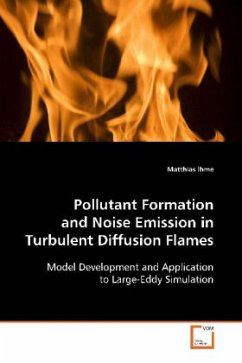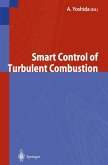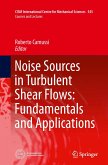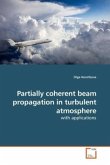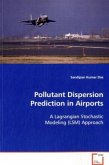The accurate prediction of combustion processes in
turbulent
reacting flows is essential for the design of
advanced combustion
technologies. Numerical simulation techniques become
viable tools
to address such design challenges if adequate models
are available.
In this work, computational models are developed for
application to
large-eddy simulation (LES). In particular, three
critical modeling
aspects are considered, namely local flame extinction
and reignition,
nitrogen oxide formation, and noise-generation by
combustion.
These models are integrated into the
flamelet/progress variable
formulation, thus allowing for a consistent treatment
of different
combustion-physical effects in a unified framework. The
computational models are analyzed in a priori studies
and applied to
LES for different flame configurations, including
turbulent jet flames
and a realistic aircraft engine combustor. All LES
models are
validated using experimental data, and the underlying
physical
phenomena are discussed in great detail.
turbulent
reacting flows is essential for the design of
advanced combustion
technologies. Numerical simulation techniques become
viable tools
to address such design challenges if adequate models
are available.
In this work, computational models are developed for
application to
large-eddy simulation (LES). In particular, three
critical modeling
aspects are considered, namely local flame extinction
and reignition,
nitrogen oxide formation, and noise-generation by
combustion.
These models are integrated into the
flamelet/progress variable
formulation, thus allowing for a consistent treatment
of different
combustion-physical effects in a unified framework. The
computational models are analyzed in a priori studies
and applied to
LES for different flame configurations, including
turbulent jet flames
and a realistic aircraft engine combustor. All LES
models are
validated using experimental data, and the underlying
physical
phenomena are discussed in great detail.

